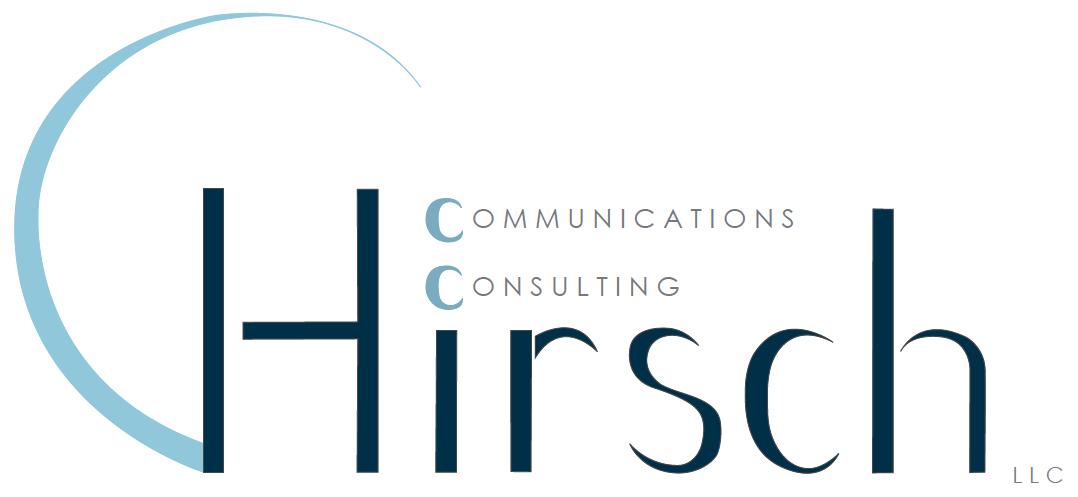In conjunction with National Retirement Planning Week (April 9-13), Lincoln Financial Group shares three steps to help people in the United States plan for retirement and help meet their retirement income goals.
“Retirement is a milestone that provides Americans with great opportunities, but also significant challenges as today’s savers face living longer,” says Will Fuller, president of Annuity Solutions, Lincoln Financial Network and Lincoln Financial Distributors at Lincoln Financial Group. “Thousands of Americans are entering retirement each day, and having enough money to last their lifetime is one of their top retirement goals.”
Starting a conversation with a financial professional can be a simple first step in the planning process, and helps savers identify the benefits of the many solutions available in the market. Lincoln offers three tips to help people prepare for retirement throughout their lives and maintain the lifestyle they want in retirement:
1. Maximize workplace benefits: Many employers offer benefits that can help employees prepare for tomorrow, whether it’s saving for retirement through an employer-sponsored plan like a Section 401(k) plan or protecting their income with disability, critical illness, and accident insurance.
An employee can start saving for retirement by contributing to their employer-sponsored retirement plan and increasing their contribution every year. A full two-thirds of retirement plan participants understand that they should be saving at least 10% of their salary to stay on track, and 45% believe they need to save 15% or more, which aligns with general industry recommendations. Only four in 10 savers, however, are saving as much as they think is necessary. If the employer offers a match, the employee should save up to that match, or else they’re leaving free money on the table.
It’s just as important to protect against unforeseen events that could force a person to tap into their retirement savings. Employees are concerned about protecting their income – 60% of employees are worried about the loss of household income because of an unexpected illness or injury, and 70% are worried about healthcare expenses. Workplace benefits like disability, critical illness, and accident insurance provide supplemental coverage that can help guard against these events.
2. Prepare for the unexpected: A well-rounded retirement plan needs to include a strategy to address potential long-term care needs. The Department of Health and Human Services estimates that more than one in two people turning 65 years old will need some form of long-term care in their lifetime.
Long-term care planning should begin around age 50 and include meaningful discussions with both family members and a financial professional together to understand the realities and risks of long-term care, lay out care preferences, and assess care options – including family caregiving and professional services. In the case of professional caregiving services, which can potentially exceed $100,000 annually, it’s important to discuss how such services would be paid for if needed. Today, there are many different kinds of long-term care funding solutions available in the market that can help mitigate the costs of care events, enabling consumers to select a solution that fits their specific care and financial needs.
3. Ensure income is there when needed: An equally important part of building a successful plan is to include a strong income strategy that provides a dependable stream of income throughout retirement. This is about maintaining the lifestyle savers are used to after the paychecks have stopped. Research shows that seven in 10 Americans who don’t own a guaranteed lifetime income product, like an annuity, say it’s because they don’t know enough about it. And among today’s 65-year-old married couples, there is a 47% chance that one spouse will live to age 95 – making an income stream that lasts a lifetime all the more important.
“Knowing you have a plan that includes protection from market losses and opportunity for growth can help you feel more confident about facing some of the challenges that may come your way,” added Mr. Fuller. “There are many options that can help protect savings, provide growth, and give savers a steady check in retirement that can’t be outlived. Working with a financial professional to learn about the many solutions available is a good place to start.”
Another often-overlooked source of retirement income is cash-value life insurance. With these kinds of policies, consumers can potentially accumulate savings on a tax-deferred basis that can then be distributed tax-efficiently through policy loans and withdrawals as a source of supplemental retirement income.
Throughout the week, Lincoln will highlight various tips and resources to help engage savers on the topic of retirement planning. Individuals can also use the online calculators and planning tools offered on Lincoln’s website. In partnership with the Insured Retirement Institute (IRI), Lincoln will also host two webinars for advisors to attend for Continuing Education credits.
Each year, National Retirement Planning Week encourages and promotes positive savings behaviors among Americans, through tools and resources to help them plan for their financial needs in retirement. The National Retirement Planning Coalition – a group of education, consumer advocacy and financial service organizations – spearheads this effort to help Americans plan for retirement. Lincoln is a member company of the Insured Retirement Institute (IRI) – the organization that helps fuel the coalition and annual event.
For more information about National Retirement Planning Week, visit: https://www.retireonyourterms.org/.

